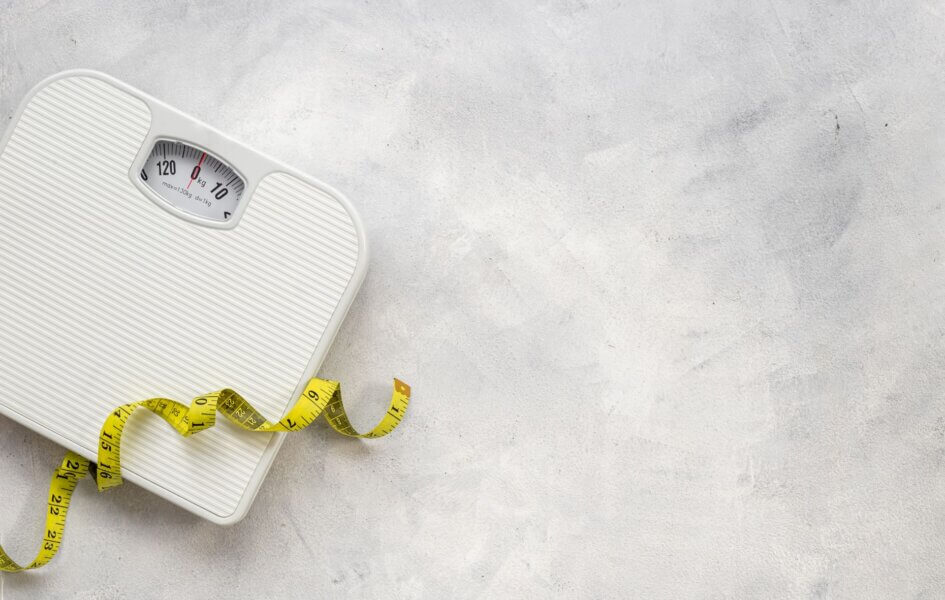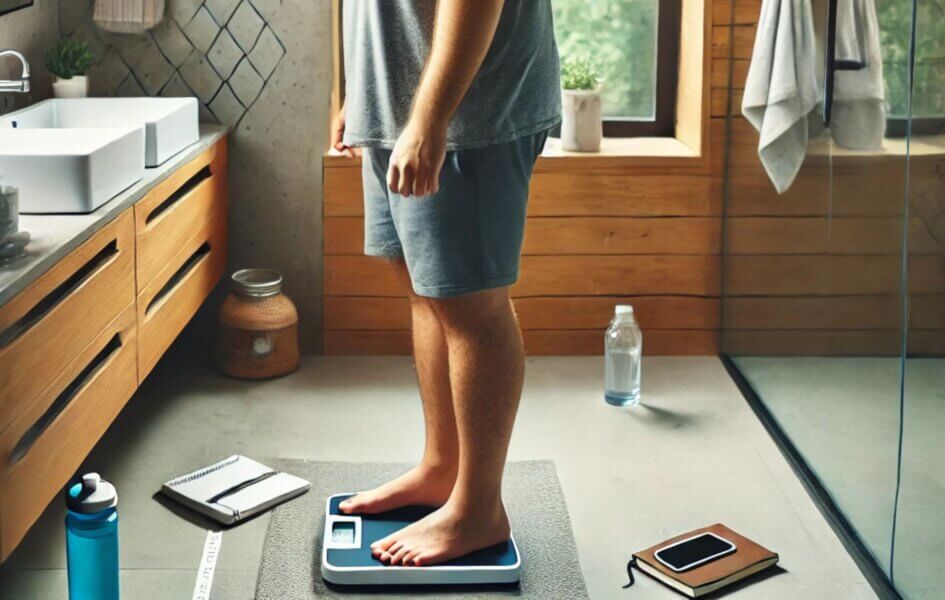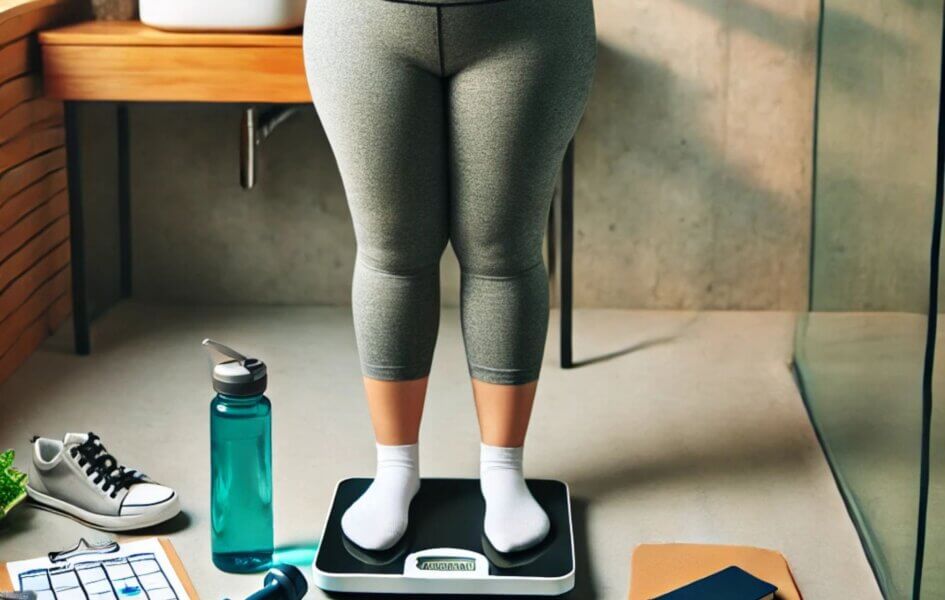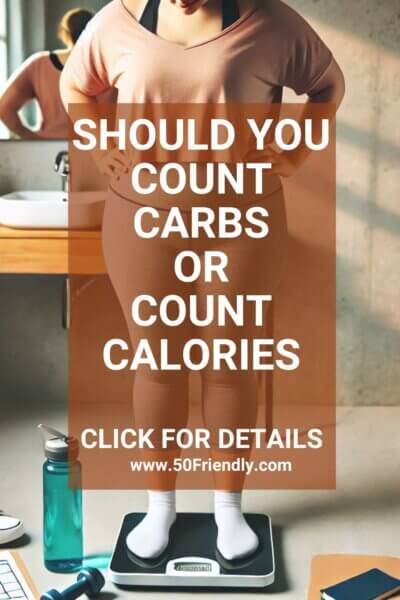Counting Calories vs. Carbs: Which Is More Effective for Weight Loss?

Low Carb vs. Low Calorie Diets — Which Is Best for Weight Loss
Counting Calories vs. Carbs: Which Is More Effective for Weight Loss? I see this question a lot and have had many discussions on this topic in the past. And I don’t profess to be a health professional in the dietary field, but I feel I can still answer the questions with what I have learned over the years and have witnessed from others.
The Most Effective Diet is One You Can Maintain Long-Term
Explore whether counting calories or carbs is more effective for weight loss and discover the best approach for your health goals. So to the question Counting Calories vs. Carbs: Which Is More Effective for Weight Loss? can be answered with: choosing between a low-calorie diet and a low-carb diet for weight loss depends on your preferences, lifestyle, and individual health goals. Both approaches can be effective, but they work in different ways. Ultimately, the most effective diet is one you can maintain long-term – those are the 3 operative words. Both approaches can lead to weight loss when paired with regular physical activity, mindful eating, and attention to overall nutrition.
My personal story: I have a friend who went on a very, very, low calorie diet – eating a max of 500 calories a day. I believe it was the B12 diet, where she was putting drops of the vitamin under her tongue to suppress food cravings. Crazy right?!?! It wasn’t healthy but she was determined to lose the weight – AND SHE DID !! It took her about 5 months, but she went down from 180 pounds to 115 pounds and she looked absolutely amazing and freaking skinny !!
But as all extreme diets tend to do, life’s stress and other things caught up with her and the weight started to come back. Granted she’s not as heavy as she previously was, but a lot of it came back. I feel, and believe others feel the same way, how another person looks and weighs doesn’t matter. My friend was always and still is, an amazing woman, a beautiful person inside and out, and a loving individual to family and friends and to people she doesn’t even know.
But just like with me, WE are the most critical about ourselves and will always find fault in the way we look. And if losing weight will help you feel better about yourselves, then I say go for it. Just consult a healthcare professional or dietitian before starting any drastic weight loss program to ensure it aligns with your health needs.
Counting Calories vs. Carbs: Which Is More Effective for Weight Loss?
Understanding Calorie Counting

Low-Calorie Diet
Focus: Reducing overall calorie intake, regardless of macronutrient composition.
Best For: People who prefer flexibility in food choices, as they can eat from all food groups in moderation.
Mechanism: Creates a calorie deficit, which is essential for weight loss.
Considerations: Requires careful tracking of portions and calorie content to avoid overeating. It emphasizes balance and portion control.
Understanding Carb Counting

Low-Carb Diet
Focus: Restricting carbohydrate intake, often increasing protein and healthy fats.
Best For: Individuals with insulin resistance, type 2 diabetes, or a preference for high-fat, high-protein foods.
Mechanism: Reduces insulin spikes, encourages fat burning, and can suppress appetite.
Considerations: May limit certain foods like fruits, grains, and legumes, which could affect sustainability and nutritional variety for some.
Choosing the Right Approach for You
If you thrive on structure and enjoy foods rich in protein and healthy fats, a low-carb diet might suit you.
If you prefer a balanced approach with no strict food group restrictions, a low-calorie diet might be more sustainable.
Other questions about COUNTING CARBS I have heard in the past

Is 100 carbs a day still low-carb?
100 carbs or less per day is generally considered low carb, yes. Just keep in mind your low carb might not look like my low carb, but as long as it’s not a significant portion of your calories it’s fine.
How many carbs should I eat on a low-carb diet to lose weight?
The amount of daily carbohydrates you should consume to lose weight on a low-carb diet depends on your individual needs, activity level, and goals. Generally:
Ketogenic Diet (Very Low-Carb): 20–50 grams of net carbs per day. This is typically for those aiming to enter ketosis, where the body burns fat for fuel instead of carbs.
Moderate Low-Carb Diet: 50–100 grams of net carbs per day. This range allows for weight loss while incorporating some fruits, vegetables, and low-carb grains.
Liberal Low-Carb Diet: 100–150 grams of net carbs per day. This is suitable for those maintaining weight or seeking slower, sustainable weight loss with a wider variety of foods.
Net carbs are calculated by subtracting fiber and sugar alcohols from total carbs, as these don’t significantly impact blood sugar. Always consider your unique needs and consult a healthcare provider or nutritionist before making significant dietary changes.
Other questions about COUNTING CALORIES I have heard in the past

How many daily calories should you have to lose weight on a low calorie diet?
The number of daily calories needed to lose weight on a low-calorie diet depends on your age, gender, activity level, and weight-loss goals. However, a general guideline is:
Women: Most women require around 1,200 to 1,500 calories per day to lose weight safely and sustainably.
Men: Most men need approximately 1,500 to 1,800 calories per day for weight loss.
Key Considerations:
Calorie Deficit: Aim for a deficit of 500–1,000 calories per day to lose 1–2 pounds per week, a safe and sustainable rate.
Individualization: Use tools like the Basal Metabolic Rate (BMR) and activity multipliers to estimate your specific calorie needs and adjust accordingly.
Nutrient Quality: Focus on nutrient-dense, whole foods to meet your vitamin and mineral needs within your calorie limit, and avoid feeling excessively hungry.
And there you have it. I hope this helps with your decision on what type of diet you want to follow to help you lose some weight. But as I stressed before, please consult a healthcare professional or dietitian before starting a low-calorie diet to ensure it aligns with your health needs. In case you may have noticed, I have several diet plans on my website. But out of all of them, I believe The Bone Broth Diet and the WHEAT AND GLUTEN FREE DIET are the two that worked the best for me.
If you’re interested in the 21 day Bone Broth Diet, please check out my BONE BROTH DIET page and see how I started, the 21 day journey I’ve been on, and where I’m at today. If this is a diet plan you feel will work for you and want to make your own meals, I can send you the PDF’s for the YES and NO FOODS allowed on the diet. Just let me know where to send them.
